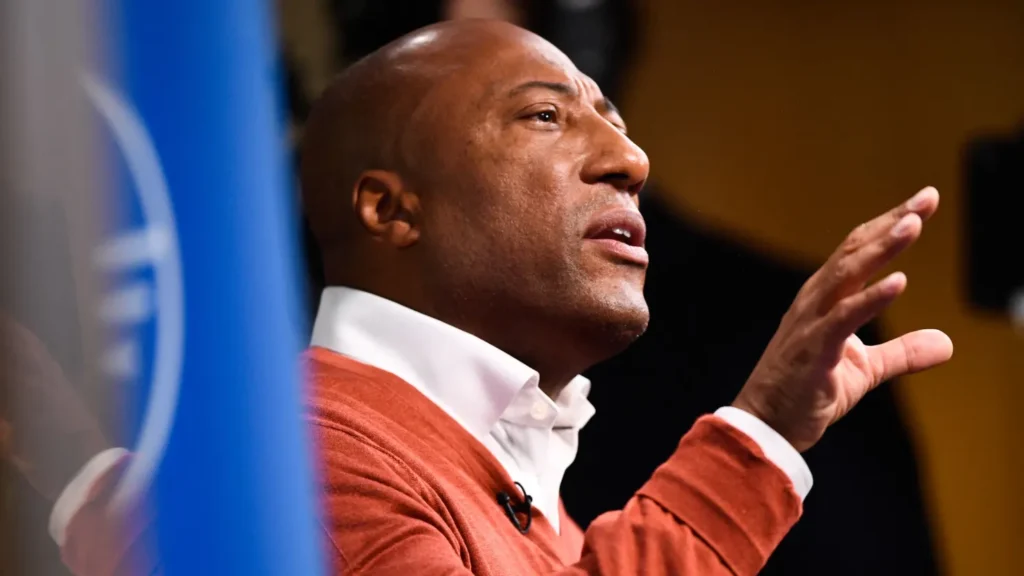Byron Allen Moves to Sell Broadcast TV Station Portfolio Amid Strategic Shift
Media mogul Byron Allen is taking steps to divest his expansive portfolio of broadcast television stations, signaling a major strategic shift for his company, Allen Media Group. The company announced on Monday that it has enlisted the investment firm Moelis & Co. to manage the potential sale of its 28 broadcast stations. These stations, affiliated with major networks like ABC, NBC, CBS, and Fox, operate in 21 markets across the United States. Allen Media Group has invested more than $1 billion over the past six years to acquire these stations. According to a statement from Allen, the decision to consider a sale follows “numerous inquiries and written offers” from prospective buyers interested in acquiring much of the portfolio. If finalized, the sale would place Allen Media Group among several media owners currently reevaluating their station holdings. Sinclair Broadcast Group and Apollo Global Management, which owns Cox Media Group, have reportedly explored similar moves, indicating a broader trend of consolidation and divestiture in the broadcast space. Allen Media Group said the potential sale would help ease its financial burdens by significantly cutting down its debt. Earlier this year, the company restructured a $100 million credit facility, although S&P Global Ratings maintained a “junk” rating on the company due to ongoing liquidity and debt concerns. Reports have also surfaced regarding late payments from Allen Media Group to major networks—sometimes delayed by up to 90 days and amounting to tens of millions of dollars. The company has not publicly addressed these allegations. Additionally, there have been reports of workforce reductions at some of the stations. Byron Allen, who started his media journey as a comedian before founding Entertainment Studios in the early 1990s, has aggressively expanded his media footprint over the past decade. In 2019, he established Allen Media Group Broadcasting and has since pursued a number of high-profile acquisitions. His name has surfaced in connection with multi-billion-dollar bids for Paramount Global, Disney’s broadcast assets including ABC, and BET Media Group. Now, as he weighs the future of his broadcast holdings, industry observers will be watching closely to see what comes next for one of media’s most ambitious entrepreneurs. Source: CNBC Photo Credit: Patrick T. Fallon / Afp / Getty Images
Byron Allen Moves to Sell Broadcast TV Station Portfolio Amid Strategic Shift Read More »



